SUMMARY
This is AI generated summarization, which may have errors. For context, always refer to the full article.
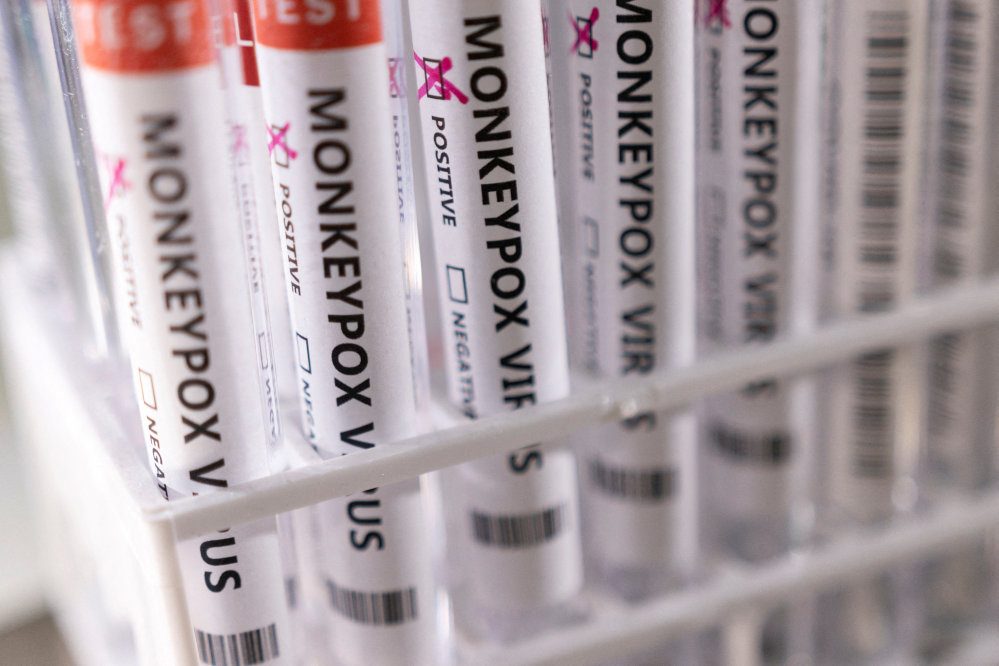

MANILA, Philippines – The World Health Organization (WHO) has declared monkeypox a global health emergency, announced its director-general Dr. Tedros Ghebreyesus in a virtual press briefing on Saturday, July 23.
“We have an outbreak that has spread around the world rapidly, through new modes of transmission, about which we understand too little, and which meets the criteria in the International Health Regulations,” he said.
“For all of these reasons, I have decided that the global monkeypox outbreak represents a public health emergency of international concern,” added Tedros.
Public health emergency of international concern (PHEIC) is the highest alert level declared by WHO. It is a signal to the world of a health emergency that requires an international coordinated response. It motivates countries to devote resources, activate public health responses, and work across borders on vaccines or other medical treatments.
Following WHO’s declaration, the Philippines’ Department of Health on Saturday said surveillance systems are in place to curb monkeypox transmissions.
“The DOH-Research Institute for Tropical Medicine optimized its Realtime PCR assay for detecting monkeypox virus as part of the national preparedness and response efforts,” said the agency.
The DOH added it has been preparing for the monkeypox virus since May 2022. As of July 23, no person suspected of being infected with the monkeypox virus has been detected in the Philippines.
Tedros said he acted as a tie-breaker to a panel of WHO advisers who could not reach a consensus on whether or not to declare monkeypox a public health emergency of international concern. This category of public health emergency currently applies to only two other diseases – COVID-19 and polio.
According to Tedros, there are now more than 16,000 reported cases from 75 countries and territories, and five deaths.
“WHO’s assessment is that the risk of monkeypox is moderate globally and in all regions, except in the European region where we assess the risk as high,” he said.
“There is also a clear risk of further international spread, although the risk of interference with international traffic remains low for the moment,” he added.
Most reported monkeypox cases are men who have sex with men, especially those with multiple sexual partners.
Tedros called on governments to work with communities of men who have sex with men, and to fight discrimination.
“Stigma and discrimination can be as dangerous as any virus,” he said.
Recommendations for countries
The WHO prepared separate recommendations for countries that have had no case of monkeypox, those where human-to-human transmission has been detected, those where animal-to-human transmission has been detected, and those with capacity to manufacture vaccines and treatments.
For countries with monkeypox cases, the WHO crafted recommendations to stop transmission and protect vulnerable groups, intensify surveillance and public health measures, strengthen clinical management, and speed up research into and deployment of vaccines and treatments. The international body also has recommendations on international travel.
The WHO announcement comes after the second meeting of experts Tedros convened to assess the level of risk posed by monkeypox. In the first meeting, held in June, the committee resolved by consensus that monkeypox did not yet constitute a global health emergency. But at the time, there had been only over 3,000 reported cases from 47 countries. Only a month later, there are five times more cases.
Tedros acknowledged the committee members’ differences in views leading up to the Saturday announcement and that the process for deciding what is a public health emergency of international concern “needs to be sharpened to make it more effective.”
There are discussions among WHO member-states to change the process for declaring a public health emergency of international concern, through amendments to the International Health Regulations. – with a report from Reuters/Rappler.com
Add a comment
How does this make you feel?

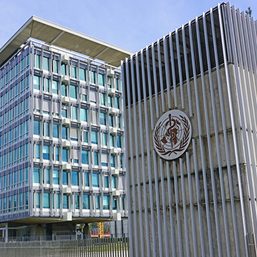
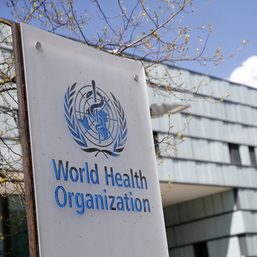
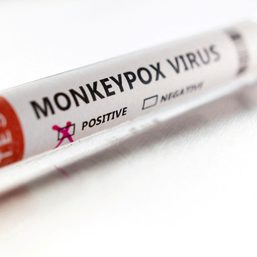
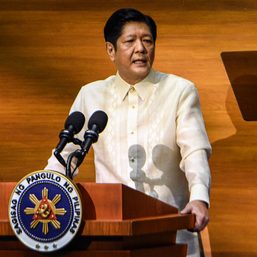
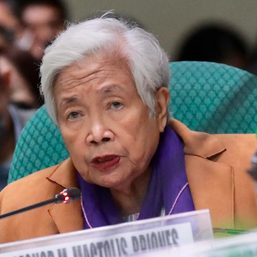
There are no comments yet. Add your comment to start the conversation.